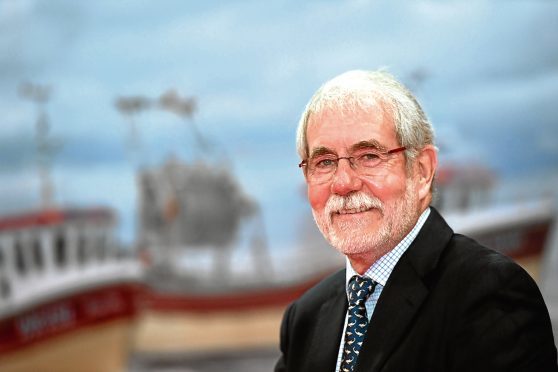Fishing leaders have called for “political backbone” to be shown in Brexit talks to try to regain full control of stocks and access to waters.
Bertie Armstrong, chief executive of the Scottish Fishermen’s Federation, made the demand amid reports that UK ministers were ready to reject EU proposals and attempt to immediately take a seat at the negotiating table after quitting.
Scottish Conservative leader Ruth Davidson recently revealed she has been holding talks at 10 Downing Street to try to ensure that the UK leaves the Common Fisheries Policy (CFP) when it quits the EU in March next year, and then takes a seat at the end of year negotiations in Brussels in December 2019 as an independent coastal state.
Responding to a leaked government document setting out the UK’s legal position on the transition or implementation period, Mr Armstrong said: “It is very encouraging that the UK government has rejected the EU’s proposals and intends that we become a fully functioning Coastal State from 29th March 2019.
“With that should come control over 100% of our stocks and access to our waters, the starting point for the UK to begin restoring its proud status as an independent fishing nation like Norway instead of being compelled to give away 60% of our fish.
“However, there is clearly a long way to go, and real political backbone will be required in the negotiations with Brussels to ensure that the only palatable outcome for the fishing industry and our coastal communities is achieved.”
However, in Holyrood there were claims that the UK Government’s position on the issue was in a state of “utter incoherence”.
Moray’s SNP MSP Richard Lochhead warned that it would be the “worst of all worlds” if the transition period was agreed in such a way that decisions on the fate of Scotland’s fishing communities were to be taken in the EU when the UK was not officially a member.
He added: “That is because we would not be there to influence the decisions that affect the fate of fishing communities for the duration of that transition period.”
Rural Economy Secretary Fergus Ewing said it was a “distinct risk”.
“If there is no one there, how, for goodness’ sake, can we expect anything other than a very disappointing, and possibly even an extremely bad, outcome to the negotiations?” he said.
“That shows the utter incoherence of the UK Government’s position on the matter — if, indeed, it has a position: I may be giving it too much credit in suggesting that it does.”
